It is my privilege to introduce you to the first edition of our Relationship-Based Care® newsletter, Inspiring Connections. It is our vision that Inspiring Connections will serve as a resource for you and your colleagues as you work every day to cultivate compassionate, healing cultures for the patients and families you serve, but equally important, so that you and your colleagues are supported and able to thrive in the meaning and purpose of your work.
So why illuminate “connections”? Because a Relationship-Based culture is nourished through connections. Human connection facilitates healing, hope, and creativity. It promotes a sense of belonging and a commitment to shared purpose and meaning. As we lift up the importance of connections, we remember that experiences of isolation diminish a sense of inclusion and belonging and of knowing and believing that we and the work we do matters.
In 2017, in our book, Advancing Relationship-Based Cultures we offered the following thoughts about the complexity of working in health care and the vital need for us to connect with each other.
It is a paradox that our work includes so many painful elements of the human experience and still ends up being, somehow, profoundly beautiful. That contradiction is a lot for any one person to hold. It’s even more for a person to effectively make sense of it, to sort it out – to reconcile the paradox of it. Not very many of us can do that kind of reconciling in isolation
M. Koloroutis and D. Abelson
The truth of this paradox has even more meaning today as we strive to reconcile the impact of the pandemic and the need to care for and support each other moving forward. We must not allow ourselves, our colleagues, or our patients to be isolated. We need each other to tap into our collective strength and literally hold each other up through both the difficult and ordinary times.
Cultivating Connection in 3 Key Relationships as Defined in Relationship-Based Care
Focus of Connection
Elements
Impact
Benefits
Self
Awareness
Ownership (R+A+A)
Growth mindset
Compassion
Foundational for all other relationships. Takes responsibility, authority, and accountability for quality of relationships. Promotes continuous learning and improvement. Compassion for others begins with compassion for self.
Greater resilience and sense of optimism based on awareness and intentional actions. Self-compassion supports the capacity to work with complexity and focus on learning and improvement rather than judgment and blame.
Team
Shared purpose
Healthy communication
Psychological Safety
Belonging
Mattering
A commitment to shared purpose aligns the teams’ actions and relationships with their “why”.
Open and honest communication and being listened to, seen, and validated promotes a sense of belonging, safety, and knowing that their contributions matter.
People are inspired to contribute when they are aligned with clear purpose and meaning. When team members feel heard, prepared, safe, supported, valued, included – when they experience that their work and their contributions matter – they will offer ideas and solutions , and support each other through good times and difficult times.
Patients and Families
Therapeutic connection
Compassion
Safety
Quality care
Conveys acceptance and respect for the person receiving care by: attuning (meeting the person where they are); wondering (being genuinely interested in the person); following (listening and validating); and holding (clinical and relational proficiency and compassion)
A positive patient experience with focused attention, intentional transitions, and proactive information sharing. Impacts quality and safety.
Promotes patients/families ability to cope, gain understanding and take ownership for their recovery and healing.
Greater pride and professional satisfaction. for team members.
We invite you to join in reflecting upon the power and importance of human connection. As this newsletter evolves, we will all benefit from our shared perspectives, wisdom and lived experiences. We invite your feedback, questions, and comments and welcome you to share your perspective on the importance of human connection to your organization’s culture, care, and relationships here.
Mary has spent more than four decades advancing relationship-based cultures in health care organizations. She partners with clients to identify and maximize the strengths and capacities of teams and whole systems. The results speak for themselves: measurable improvement including widespread alignment with core values and principles.





